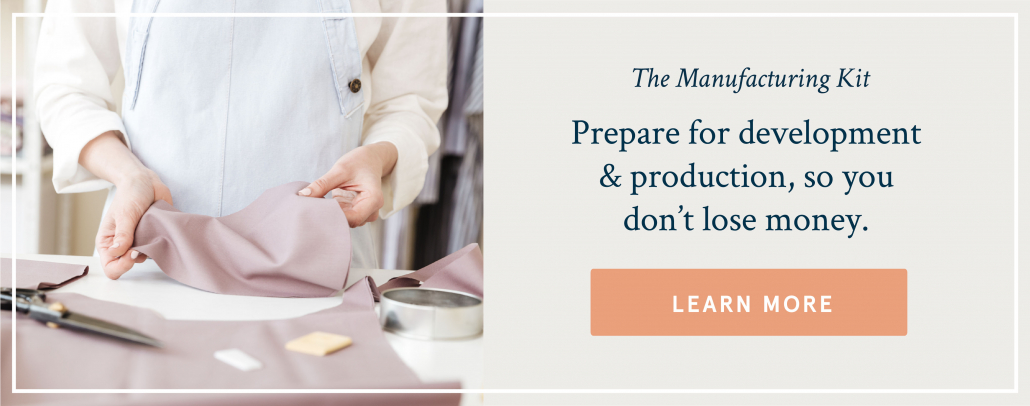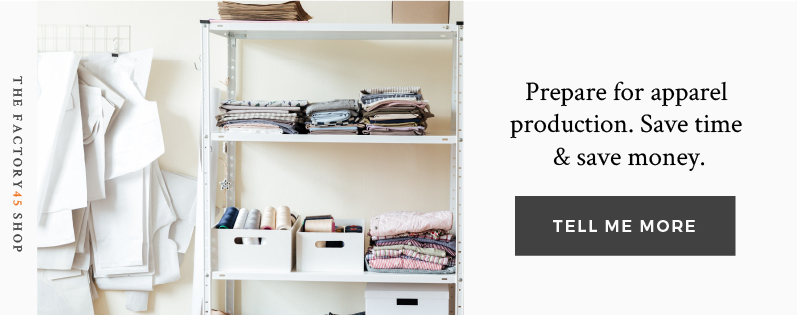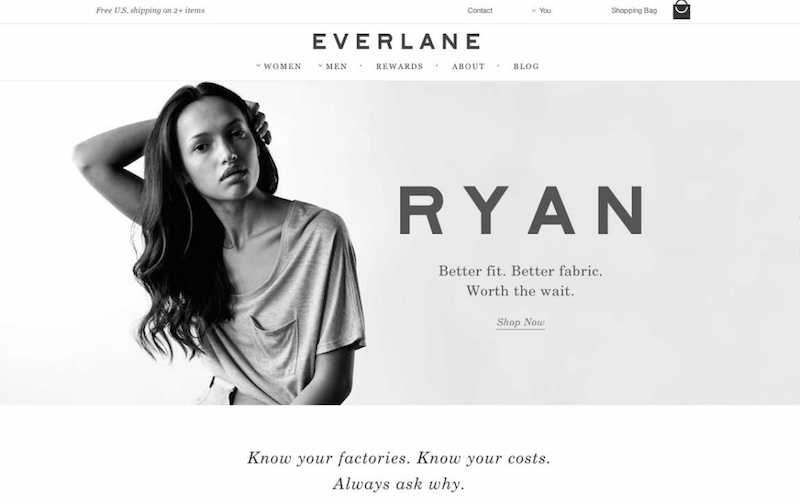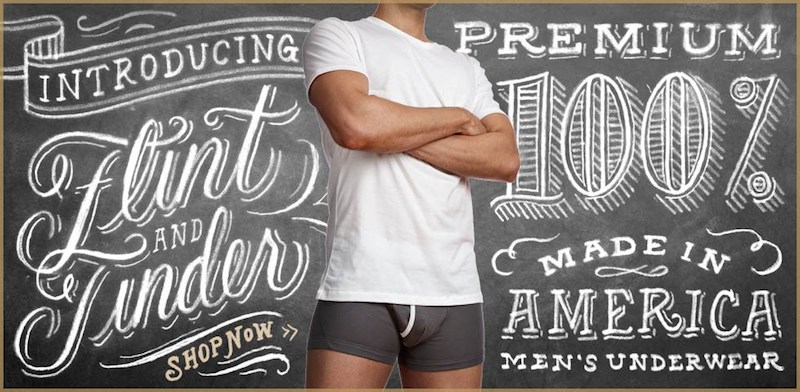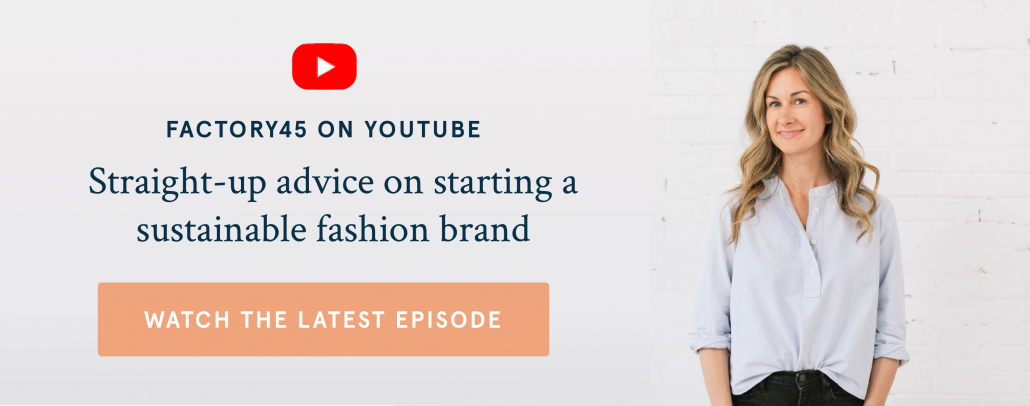“You’re going to fail.”
“You’ve got this.”
“You can’t pull that off.”
“You are fully capable.”
“Nobody cares what you have to say.”
“Your voice matters.”
And back and forth it goes…
It’s the see-saw in your brain that teeters from thought to thought.
It’s why, in the blink of an eye, you can go from feeling GREAT to being on the floor in the fetal position.
As entrepreneurs, we are all too familiar with the monkey mindgame.
“This is the idea! We are going to making MILLIONS!”
… five minutes later …
“There’s already another company doing this?! FML!!!!!”
The bad news is: this mindgame is probably never going to fully go away. (Unless you become a perfect Buddhist or super Zen master or something.)
The good news is: you can become better at managing it so that your thoughts don’t derail you.
And on that note, I’d like you to meet Herschel and Alice.
Herschel is a pain in the you-know-what. He’s a huge worry-wart, always has his panties in a bunch and can never seem to relaaaaax.
He’s the voice in my head that’s constantly concerned with whether my ideas are good enough or if I’m going to fail. I know that deep down he’s just trying to protect me, but he can come across as really negative and very annoying.
Alice, on the other hand, could win awards for Miss Congeniality. She’s calm, soothing and never let’s anything bother her. She knows that everything will work out, and she believes in me. She’s the most supportive cheerleader who ever existed — without the pom-poms.
At the risk of sounding like I’m schizophrenic, Herschel and Alice have gotten me through nearly a decade of entrepreneurship.
When I was first starting out I was… in a word… dramatic.
Things bothered me easily, every obstacle seemed like the end of the world, and I dwelled over the bad things far more than I celebrated the good things.
And then, about four years in, I did something that drastically changed the power of my thoughts.
I named them.
Instead of tying the negative thoughts to my self-worth, I started recognizing them as a worried friend who was simply looking out for me.
When I thought about falling on my face or screwing something up I was able to say:
“Hey Herschel, thanks for looking out for me, buddy, but I’ve got this. Don’t worry so much.”
And then Alice could chime in and take over the conversation.
By shifting to this perspective, it can do two things for you:
1. It creates distance between you and your negative thoughts. We are what we think, and when we’re able to separate the toxic thoughts from how we view ourselves, then we are that much closer to a more positive and healthier life and business.
2. It ends the negative spiral faster. As soon as you feel yourself going towards the sink hole of self doubt, you can think to yourself, “What would Alice say?” (or whatever you name your cheerleader.)
Because the thing is, if you want to be an entrepreneur then you have to get Herschel under control.
Failing to do so means you’ll never take risks, you’ll question every decision you make and worst of all — you won’t enjoy the journey.
Your thoughts will hold you back if you let them and if we look back in history —
Nothing truly great was ever created from fear.
This post was inspired by my friend and former business coach Amber Rae.








